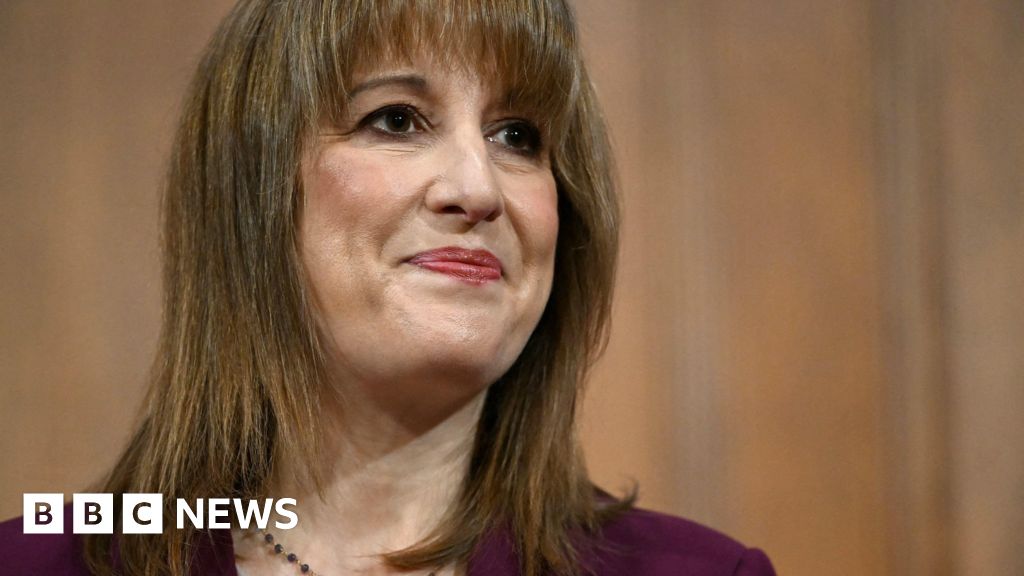Could Reeves break a 50-year taboo by raising income tax in her Budget?

It has been called the 50-year tax taboo.
It is more than half a century since a chancellor of the exchequer chose to put up the basic rate of income tax.
The chancellor in question was Labour’s Denis Healey and the Budget was delivered on 15 April 1975.
Not once since have any of his successors done the same thing.
Five decades later, could Rachel Reeves change all of that in three weeks time?
That was one of the big questions hovering over Downing Street as us reporters headed in almost before dawn for the chancellor’s breakfast time speech and news conference.
Tradition dictates that three weeks out from a Budget the air is full of every conceivable voice but the chancellor’s. But not this time.
Why?
You can pick your expression of choice: softening up, expectation management, pitch-rolling. They all translate as preparing us for unpopular choices to come.
Reeves volunteering to commandeer the broadcasting apparatus of Downing Street – the specially built news conference room in No 9 – tells you everything about the scale of what she is toying with at the end of the month.
Well, I say everything, not quite. The actual choices, the decisions, including which taxes will go up and by how much, will come at the end of the month.
What we got this morning was the argument, the case for what she will do. One senior figure said to me, think of the news conference as being like the first five pages of the chancellor’s speech on Budget Day, in which she sketches out the economic landscape as she sees it before she announces what she is going to do.
On the day itself, reporters tend to gloss over those opening pages afterwards, because the choices are more newsworthy than the argument.
So, the Treasury’s rationale goes, Reeves wanted to set out the argument in isolation today, so it does get heard.
In the next three weeks, expect plenty of focus on page 21 of Labour’s election manifesto from last year.
Here is what it says, in black and white: “Labour will not increase taxes on working people, which is why we will not increase National Insurance, the basic, higher or additional rates of income tax, or VAT.”
It is why I chose to read it out, word for word, to the chancellor – scrutinising their promises on your behalf.
Reeves told me she regarded it as a “courtesy” to you to set out in broad terms the trade offs she is contemplating.
Senior government figures know that driving a coach and horses through that manifesto promise will be visible from space and could be a, if not the defining moment for Sir Keir Starmer and Reeves.
And maybe in the end she won’t do it – and be able to say words to the effect of “it wasn’t as bad as you thought”.
But economists are suggesting that perhaps, given the state of the books, they might have run out of better ideas.
Published at Tue, 04 Nov 2025 09:40:33 +0000